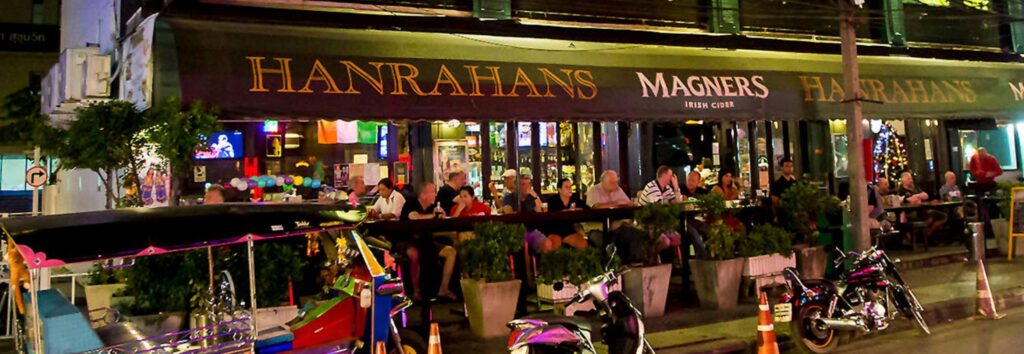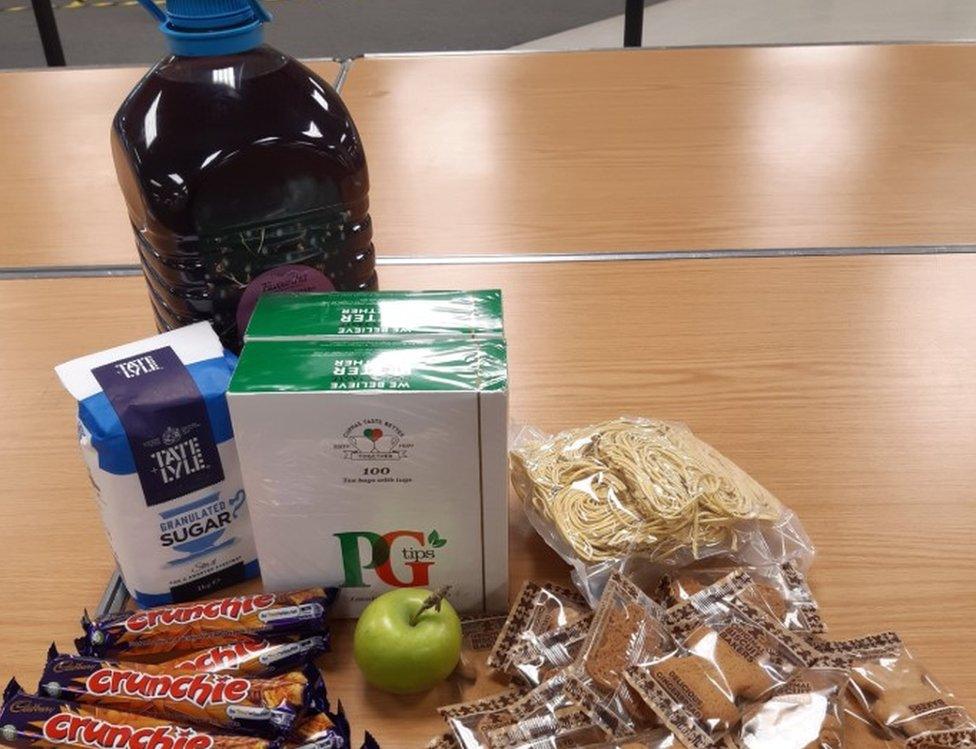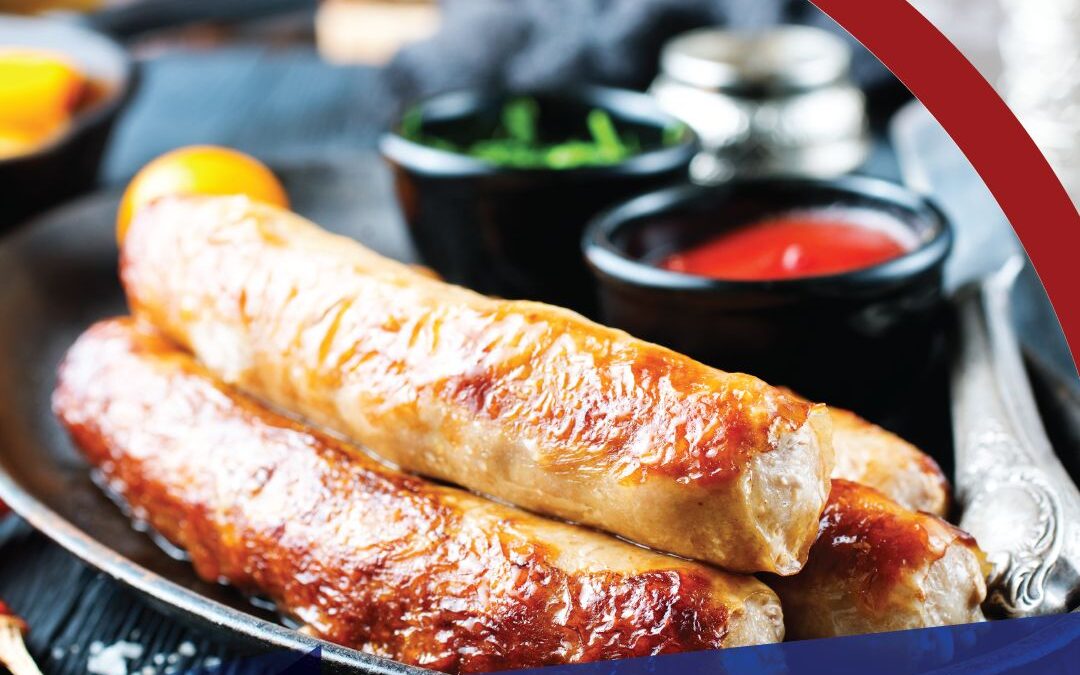Thailand, with its vibrant culture, tropical climate, and welcoming atmosphere, has long been a magnet for expatriates from around the globe. Among these, European expats form a significant community, bringing with them a deep appreciation for their native cuisines. For many, food is more than just sustenance—it’s a connection to home, a way to preserve cultural identity, and a source of comfort in a foreign land. Over the years, the demand for European foods in Thailand has grown significantly, driven by the expatriate community’s longing for familiar flavors. Thanks to globalization and the “flattening of the world,” accessing these expat foods has become easier than ever, especially in bustling cities like Bangkok and Pattaya. This blog post explores the most sought-after European foods by expats in Thailand, the evolution of food imports, and how the expat experience has transformed over the past three decades.
The Craving for Home: Popular European Foods in Thailand
European expatriates in Thailand often seek out foods that remind them of home. These range from everyday staples to specialty items that are hard to replicate with local ingredients. Here are some of the most popular European foods sought by expats in Thailand:
- Cheese
Cheese is arguably the most missed item among European expats. Varieties like cheddar, gouda, brie, camembert, and parmesan are highly sought after. While Thailand has a growing dairy industry, the taste and quality of locally produced cheese often differ from what Europeans are accustomed to. Specialty shops and supermarkets in Bangkok and Pattaya now stock imported cheeses from France, Italy, the Netherlands, and other European countries, catering to this demand.

- Cured Meats and Sausages
European cured meats like Spanish jamón, Italian prosciutto, German bratwurst, and Hungarian salami are beloved by expats. These products are often central to European culinary traditions and are difficult to substitute with Thai alternatives. Imported meat sections in supermarkets and dedicated delis have made these items more accessible. Best meats available in Thailand. - Bread and Pastries
The bread culture in Europe is vastly different from that in Thailand, where rice is the staple carbohydrate. Expats often miss crusty baguettes, hearty rye bread, and buttery croissants. Bakeries in expat-heavy areas have responded by offering European-style bread and pastries, often made by European bakers. - Chocolate and Sweets
European chocolates, such as Swiss Lindt, Belgian Godiva, and German Milka, are highly prized. Similarly, sweets like British Cadbury chocolates, French macarons, and Italian biscotti are popular among expats. These items are often purchased as treats or gifts. - Olive Oil and Vinegar
High-quality olive oil from Spain, Italy, and Greece is a kitchen staple for many Europeans. Balsamic vinegar, particularly from Modena, is another sought-after product. These ingredients are essential for recreating Mediterranean dishes. - Canned and Jarred Goods
Items like Italian tomatoes, French pâté, Spanish olives, and British baked beans are frequently imported. These products are versatile and have a long shelf life, making them convenient for expats. - Alcoholic Beverages
European wines, beers, and spirits are in high demand. French and Italian wines, German beers, and British gin are particularly popular. Wine shops and bars catering to expats often stock a wide selection of European beverages.

- Frozen Foods
Frozen items like British pies, French escargot, and Italian gelato are also popular. These products allow expats to enjoy dishes that are difficult to prepare from scratch in Thailand.
The Flattening of the World: A Culinary Revolution
The concept of the “flattening of the world,” popularized by Thomas Friedman, refers to the leveling of the global playing field due to advancements in technology, communication, and trade. This phenomenon has had a profound impact on the availability of European foods in Thailand. Thirty years ago, European expats often felt isolated, with limited access to familiar foods. Today, the situation is dramatically different.
- Global Supply Chains
The expansion of global supply chains has made it easier to import European foods to Thailand. Improved logistics, refrigeration, and transportation mean that perishable items like cheese and cured meats can now be shipped across continents without compromising quality. - Online Shopping
The rise of e-commerce has revolutionized the way expats access European foods. Online platforms like Lazada, Shopee, and specialized expat grocery stores allow customers to order imported goods with just a few clicks. Delivery services ensure that these items reach even the most remote parts of Thailand. - Specialty Stores and Supermarkets
Cities like Bangkok and Pattaya are home to numerous specialty stores and supermarkets that cater to the expat community. Stores like Villa Market, Foodland, and Gourmet Market stock a wide range of imported European products. Additionally, smaller boutique shops focus exclusively on European foods, offering everything from British tea to French wine. - Cultural Exchange
The growing popularity of European cuisines among Thais has also contributed to the increased availability of these foods. Restaurants, cafes, and bakeries offering European dishes have proliferated, creating a demand for imported ingredients. A Comparison: Then and Now
Thirty years ago, European expats in Thailand faced significant challenges in sourcing familiar foods. Imported goods were scarce, expensive, and often limited to non-perishable items. Expats relied on care packages from home or occasional trips abroad to stock up on essentials. The lack of variety and accessibility made it difficult to maintain a connection to their culinary heritage.

Today, the landscape is entirely different. The flattening of the world has brought European foods to the doorsteps of expats in Thailand. Supermarkets, specialty stores, and online platforms offer an impressive array of products, from everyday staples to gourmet delicacies. The expat experience has been transformed, with food no longer being a source of longing but rather a bridge between cultures.
The Role of Bangkok and Pattaya
Bangkok and Pattaya are at the forefront of this culinary revolution. As hubs for expatriates, these cities have developed thriving markets for imported European foods. In Bangkok, neighborhoods like Sukhumvit and Thonglor are known for their upscale grocery stores and specialty shops. Pattaya, with its large expat community, boasts numerous European restaurants and stores that cater to diverse tastes.
Conclusion
For European expatriates in Thailand, food is more than just a necessity—it’s a way to stay connected to their roots. The flattening of the world has made it easier than ever to access the flavors of home, transforming the expat experience. From cheese and cured meats to bread and wine, the demand for European foods continues to grow, driven by a community that values its culinary heritage. As Thailand’s expat population grows, so too does the availability of these cherished products, ensuring that no matter how far from home they may be, expats can always enjoy a taste of Europe.
BritiShop have been providing food delivery in Thailand since early 2019
We source a wide selection of quality food & drink in order to provide variety and convenience to our clients nationwide.
Our range may be British influenced, but Britain has adopted the foods of the world. You will find elements of Chinese, Indian, Italian, German, Dutch, French, Thai, Korean & more.
Nationwide Food Delivery
All your favourite food & drinks are available for delivery anywhere in Thailand, including all islands



